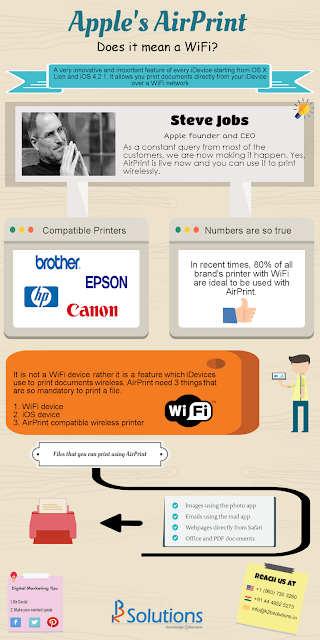In this expanding technology boom, the
wireless networks are leading us in every aspect of life. Just envisage the way
mobile devices manage our lives and how they do. The convergence of the wireless
industries has made the situation where people are expecting a lot out of their
mobile phones. So, mobile applications have become more popular as their usage
is increasing predominantly across mobile phone users.
A
mobile application or mobile app is application software developed to run on
handheld devices such as mobile phones, tablets, personal digital assistants
and enterprise digital assistants. Mobile apps are downloaded from different
application distribution platforms to target devices such as Android,
Blackberry, Windows phone and iPhone. Sometimes, mobile apps can be downloaded
to desktop computers or laptops. Both free apps and apps with a price are
available in the app store.
Mobile
apps are generally provided for information retrieval and general productivity,
including email, weather information, contacts, etc. The explosion in number of
mobile apps led to the creation of large number of review and content curation
sources such as magazines, online app-discovery services and blogs.
The
mobile apps are available for various platforms such as iPad, iPhone, Android,
Blackberry, Windows Mobile, Nokia, J2ME, Palm web Os and many more.
iPhone
or iPad apps: The demand for iPhone and iPad applications is rapidly increased
and creates the necessities for businesses to think beyond personal computers.
Around half a million iPhone applications are available in the apple app store
and the estimated number of apps downloaded from apple app store was 20
billion.
Android apps: Android Market, also called as Google Play, is an
international online store developed by Goggle mainly for Android devices.
There were around 700,000 apps are available for
Android devices and 25 billion apps downloaded from the Google Play so far.
Windows apps: Microsoft provides Windows Phone Store for
users to download apps for their Windows Phone. There are 120,000 apps
available in the Windows Phone Store as per the record in October 2012.
Nokia apps: An app store for Nokia phones
acts as a distribution platform for its previous Windows Mobile OS. In
February 2011, Nokia would start using Windows Phone 7 as its primary OS. In
May 2011, Nokia announced that they are planning to rebrand Ovi products line
under Nokia brand. And in October 2011, the Ovi store was renamed as Nokia
Store. Nokia store provides 50,000 apps to the Nokia phone users and reports
around 9million downloads are done by the users per day.
Blackberry apps: The BlackBerry App World application distribution
service provides multitude of apps for the Blackberry mobile devices. When
compared to Apple app store and Android market, BlackBerry App store is the
only store getting more revenue per app. The BlackBerry App World is reporting
that there are 3 million downloads per day and the overall downloads are around
one billion.
As mobile application users want more
fascinating things in their mobile phones, the demand for the innovative
applications is extremely growing. The booming usage of mobile apps offers
terrific opportunities for mobile application developers and it also supports
businesses to grow.
In short, we could say that we are in a
year of mobility and hence the necessity of mobile phones and the mobile apps
that advance mobile accessibility is tremendously increased.


